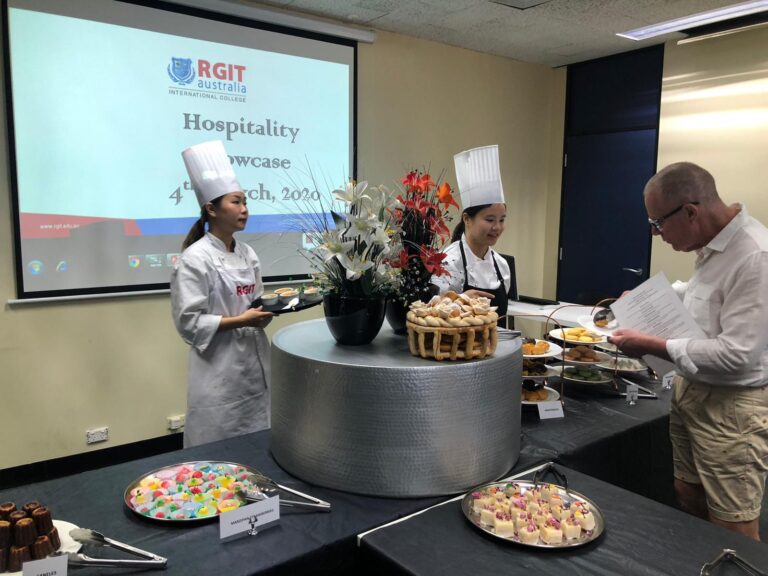
Tasmania, Australia: On 6th November, 2020, Australia’s Department of Home Affairs announced interim visa nomination allocations for subclasses 491, 190, 188 and 132. Although the allocations have not been updated as of yet, it is expected that the interim arrangement will continue till early- mid December 2020.
The Department of Home Affairs has decided all the nominations must be legitimate in relation to the likely growth of Australia’s economic recovery and has set three priorities:
- High quality subclass 188 and 132 (Business Innovation and Investment Program) nomination applications.
- Applicants critical to supporting Tasmania’s response to the COVID-19 pandemic, including individuals providing critical or specialist medical services, critical skills required to maintain the supply of essential goods and services, or delivering services in sectors critical to Australia’s economic recovery.
- Applicants currently in Australia who can demonstrate their capacity to meaningfully contribute to economic recovery.
This does not mean that other applicants cannot apply- they still can, but priority will be given to those who fall under the critical roles category.
Chefs and Cooks are now included in the interim program:
All new and existing nomination applicants who are currently full-time employed as chefs or cooks are considered in the interim quota if their visa is expiring before 31st December 2020. With a genuine and ongoing skilled role, the applicants must have a minimum qualification of Certificate III in Commercial Cookery or skills assessment as a chef or cook. This, however, does not include lower-skilled employment in limited service restaurants such as pizza makers, sushi makers etc.
What falls under critical roles?
All roles directly involved in the supply of essential goods and services, and the supply would be imperiled if the employment is ceased are considered as critical roles. According to the Tasmanian government, the critical roles include:
- assisting directly in Tasmania’s COVID-19 response (directly engaged by Tasmanian Government due to their specialist skills and experience)
- providing critical or specialist medical services or delivering medical supplies potentially associated with COVID-19 response. This includes all general nursing and medical positions with the Tasmanian Health Service
- directly involved in the supply of essential goods and services (medical technology, critical infrastructure, telecommunications, engineering and mining, supply chain logistics, agricultural technology, food production, and the maritime industry)
- must be highly skilled and specialised roles
- includes infrastructure engineering and maintenance including dams, large / high complexity bridges, irrigation schemes, transport logistics planning and maintenance
- in agriculture includes specialist roles such as artificial insemination technicians, wool classers, livestock pregnancy scanners
- supply of these essential goods and services in jeopardy without the applicant
- does not include lower level positions such as retail workers, harvest labour, delivery drivers, warehouse staff
- delivering services in sectors critical to economic recovery (such as financial technology, large scale manufacturing, film and television production and emerging technology)
- must be high value / highly skilled / specialised roles
- would normally include a significant and recognised contribution to export income, significant flow-on employment and economic benefits, high value national / international exposure
- would not normally include small scale, local oriented operations
In addition, new applications from people employed in the following areas will also be accepted:
· health and allied health occupations, including in private and not-for-profit sectors
· senior support workers /enrolled nurses / registered nurses in aged, disability and community care (minimum Diploma qualified)
· qualified chefs and cooks who are working full time in the hospitality industry and whose visa is due to expire before 31 December 2020.
The scope of these priority areas may subject to change according to the need of the Tasmanian government.
There are several institutions in Tasmania offering Hospitality courses to both international and domestic students. In regard to the change, Nepalese Voice spoke with Anil Shrestha, campus manager of Royal Greenhill Institute of Technology, who shared his view that ‘hospitality has always been an integral part of the Australian economy’.

“RGIT is one of Australia’s leading institutions with campuses in Hobart and Melbourne and offers quality hospitality courses. RGIT has purpose-built training kitchen equipped with commercial kitchen standards. We have very experienced and helpful trainers and also the feedback from students for our Hospitality courses are over-whelming. The students find it adventurous to learn about different food cultures. They have also commented that the practical classes have helped them remain focused and manage pressure in the real working senvironment”, Mr. Shrestha said.
“With the recognition by the Tasmanian government and the availability of quotas in the interim allocation, there is no doubt that Hospitality industry, especially commercial cookery would continue to make an excellent career choice both for international and domestic students, Mr. Shrestha added.
For more information about the course, please visit https://rgit.edu.au/hospitality-courses/ or send your enquiry at [email protected]
For more information on the update, please visit https://www.migration.tas.gov.au/news/2020-2021_program_year_update





